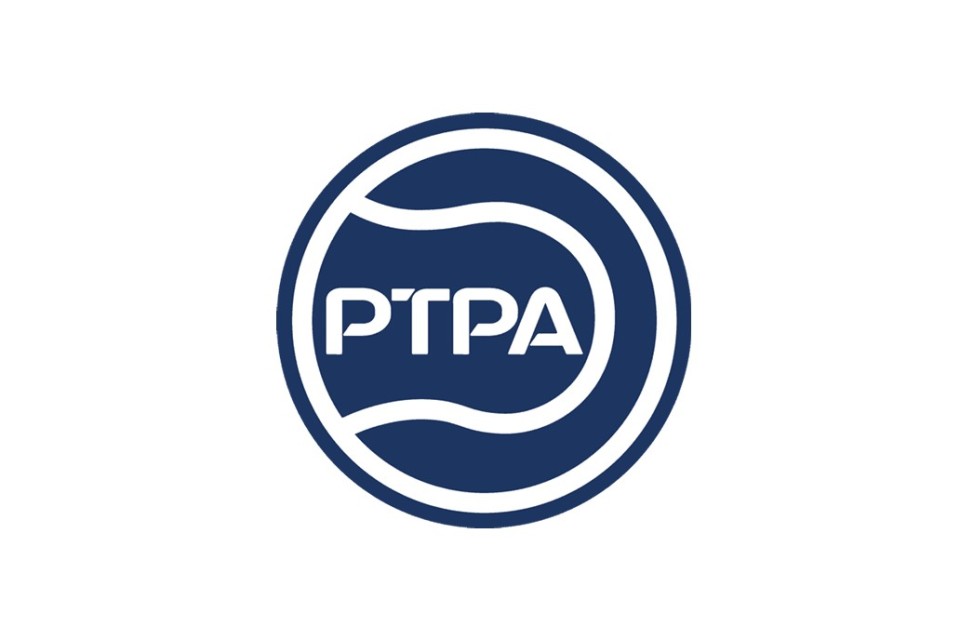Tue, October 02, 2018
Does Brexit mean Britain are left running in the three-legged race?
Does Brexit mean Britain are left running in the three-legged race?
Lydia Banerjee, Littleton Chambers
Any article on sport and Brexit begins with free movement. Without doubt it is one of the primary areas of concern for those involved in professional sport when they try to anticipate what a post-Brexit Britain will look like. There are also issues which arise beyond free movement of persons. The key ones are sponsorship, hosting of major competitions and the cost to grass roots sports for challenges at the elite level. Some of these issues stem from the free movement issues and to that extent they will be explored here.
The reason that free movement comes front and centre is because it impacts on so many aspects of sport.
Currently if you are a citizen of any member state you can travel freely between member states for business or pleasure with no further formality (Articles 20 and 45 Treaty on the Functioning of the European Union). Further, if you are a citizen of a country with European Union Association Agreement in place then you have the same rights to freedom of work and movement as EU nationals: Deutscher Handballbund eV v Maros Kolpak C-438/00. Absent any agreement reached prior to 29 March 2019 these freedoms will cease.
This has major ramifications for sport, to name a few examples:
- Players will become less transferable as visa requirements will be imposed on those seeking to transfer between Britain and the rest of the EU. It is easy to see the challenges this presents for sports such as football and rugby which currently benefit from an active involvement in the European transfer market. However it goes beyond players signing for clubs in another country. There are many tennis players who travel to Spain to train and most of our endurance cyclists are based in Spain or Italy for their training.
- We may find it harder to obtain the best coaches as visa restrictions limit free movement. Likewise British coaches and judges may experience barriers to their participation in events in Europe.
- Fans may face restrictions when travelling to see competitions hosted in Europe, although it seems likely that these restrictions will be significantly less than those seeking to travel for work or training.
- Athletes seeking to compete in European events may have visa issues, this could be particularly problematic for events such as the Champions League where clubs may be fielding teams with a wide variety of backgrounds all with different visa requirements and sometimes, in the knock out stages, at relatively short notice.
- Angus Bujalski, Legal and Governance Director at the RFU told a House of Lords select committee that they estimate 25% of the match day staff come from the EU. If we cannot recruit labour from across the EU then there are obvious ramifications for our ability to host major events. It cannot be assumed that there is a ready, willing and as yet untapped labour pool in Britain. In fact Mr Bujalski anticipates that the lack of availability of suitable staff will lead to increased costs as wages rise to try to attract sufficient workers. This obviously has a financial impact on the profitability of the matches, the viability of some matches and the amount of money available to invest in grass roots initiatives.
- It is possible that our broadcasters may face restrictions in sending reporters and crew to cover events as well.
It might be said that many of these issues already exist with events in the rest of the world and are overcome either by use of specific visa provisions for athletes or by bilateral agreements such as the ESTA programme making travel (at least for pleasure) to the US relatively straight forward from named countries. However that ignores the importance of the European market in sport for British sports. Europe is our continental home, once we move beyond national competitions our next step is European competitions, Champions League, Six Nations, Euros.
Far be it from me to present the problems without exploring some possible solutions. Obviously the final resolution will depend on the deals made in the Brexit negotiations but a few thoughts:
- We could enter into an Association Agreement so as to be able to benefit under the Kolpak ruling. This would at least make our players an interesting proposition for European clubs. We could explore a reciprocal arrangement so that our border stays fluid in this regard.
- We could explore a visa waiver scheme like ESTA or indeed ETIAS, the European Travel and Information Authorisation System. This would address the issue for fans travelling to see their team but it doesn’t give any right to work. Perhaps there could be an adapted version giving a right to work for up to 3 years or a shorter period if 3 years could not be agreed. This would apply to all EU member states and would need to be reciprocal. Of course, if there is not the political will to have such wide ranging measures sport could lobby for a sport specific exception but this would not address match day staffing.
- Horse racing already employ a tripartite agreement between Ireland, France and England to facilitate the movement of horses from these horse racing heavy weight nations. Perhaps similar arrangements could be agreed for specific sports with their European counterpart nations.
It seems that there are a range of ways to solve the problem and the best answer may be a suite of provisions dealing with different aspects. The key issue is whether the political will is engaged to address the problems and whether we will have any certainty before the March 2019 deadline.
As things stand the change in the value of the pound against the Euro has led to increased costs in doing business, the uncertainty over the future has impacted on transfers of European players and Britain will struggle to secure major sporting events while so many questions remain unanswered.



